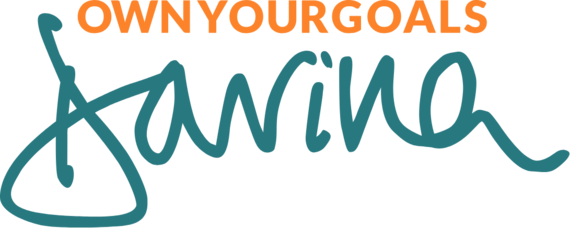
What Is Intermittent Fasting?
SHARE
What Is Intermittent Fasting?
Diet and exercise used to be as ‘simple’ as going for a walk, breathing in fresh air and eating a ‘balanced diet’. But this catch all advice didn’t really make it clear what constitutes a healthy walk (how fast, how far, how often) let alone what a balanced diet actually is.
Nowadays, we’re lucky that we have so much diet and exercise advice, quite literally at our fingertips. But with that comes confusion. What is a HIIT workout? Do I have to belong to a gym in order to exercise properly? (Absolutely not!) How do I perfect the perfect burpee? (The less said about burpees, the better.) Then, diets are even more confusing. What’s the best diet? Are avocados good or bad? Should I eat meat? What on earth is quinoa? Do I have to drink smoothies every day??
Perhaps one of the most talked about diets is intermittent fasting. Here, we look at what intermittent fasting is and how to do it.
Made popular by journalist and TV doctor, Michael Mosley, intermittent fasting is a way of eating (rather than a ‘diet’ per se) that encourages periods when you don’t eat, called fasting.
The first popularised intermittent fasting diet was the 5:2 diet, which is still popular today. This means that for five days a week, you eat a normal (but healthy) diet, and for two days a week, you almost completely fast, consuming only 500-600 calories on those days.
Advocates like this diet because it focusses on when you should eat, rather than what you should eat. On your fasting days, you can eat when you like, but your total calorie intake should be around 500-600 calories. This can be in one meal, or as a few separate light snacks to sustain you throughout the day. You can choose your fasting days, but they shouldn’t be consecutive. Most people like to stick to the same fasting days each week, for example each Monday and Thursday.
Another type of intermittent fasting is the 16:8 diet.
The 16:8 diet involves keeping your eating to an eight hour window each day, and fasting for 16 hours. This means eating a healthy diet every day, within an eight hour time frame. This can mean choosing to eat breakfast at 9am and having dinner by 5pm, with lunch and snacks in between, then nothing for the next 16 hours (or midday to 8pm or whatever works for you). For eight or so hours of your fasting time, you’ll be asleep, so this is a popular way of keeping to a certain diet.
To fast or not to fast?
Many people talk about the benefits of fasting however there is no concrete research to confirm the list of benefits often cited. However, for lots of people this way of eating is a convenient way to create a calorie deficit in order to create fat loss.
So if you’re looking for a new way to create a calorie deficit, perhaps intermittent fasting is for you?!
* Always consult your doctor before making any changes to your diet especially intermittent fasting. If at any time you feel unwell whilst fasting you must stop the fast and have something to eat
Workout with Davina McCall!
Lose weight, tone up and build your confidence with Davina McCall & her team of trainers. From dance and aerobics to yoga and X Fight there is something for everyone!
You can get access to Own Your Goals and all it has to offer for as little as £12.99 a month including an exclusive community of over 40,000 people just like you.

We’ve got something for everyone.
With a huge variety of workouts, suitable for complete beginners or those looking to take their fitness to the next level, there is something for everyone.

Why Join OYG?
- Over 1000 On-Demand Workouts
- Work Out In the Comfort Of Your Own Home
- 20+ Fitness Challenges
- 11+ Fitness Programmes
- Create Your Own Workout Playlists
- Interactive Meal Planner
- Workout with Davina and 16 trainers
- Join The OYG Online Community
£77.88 for annual subscription, auto renews at end of period. New subscribers sign up through the link. Existing subscribers through OYG account. Saving of over 50% when compared to OYG OnDemand monthly £12.99. Promo organised by Universal Pictures Visual Programming Limited. OYG Terms: ownyourgoals.com/terms.




